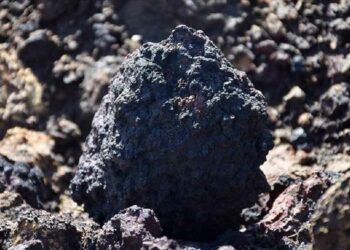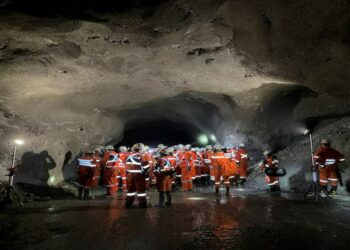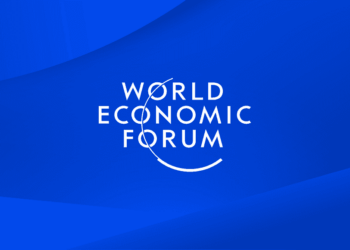After weeks of relentless selling the spot price of iron ore regained its footing on Tuesday on the same day the decline in the value of the steelmaking material claimed one of its most high-profile victim.
The 62% Fe import price including freight and insurance at the Chinese port of Tianjin added $0.90 or 1.9% to $47.60 a tonne on Tuesday following a week where the price lost some 15%. It was the worst daily drop since March 10 last year when the steelmaking raw material was still trading in triple digits.
Last week iron ore fell to the lowest level since November 2008 when The SteelIndex first started tracking the spot price. In 2008, the benchmark contract price was $60.80 a tonne, which was hiked from the annually-set price in 2007 of $36.63.
Atlas’ market capitalisation has shrunk to $110 million – a third of the size of its debt pile.
The Sydney Morning Herald reports former market darling Atlas Iron (ASX: AGO) suspended its shares in Sydney on Tuesday and the board is considering mothballing its operations in the Pilbara region of West Australia.
US-based bondholder of the Perth-based company could also push the miner into receivership and administration until the iron ore price recovers to levels of around $65 – $70 a tonne which Atlas needs to stay cash positive:
Founded by respected WA mining veteran David Flanagan, Atlas listed in 2004 and grew quickly to be one of the biggest second-tier producers, pumping out about 13 million tonnes a year.
But its decline, like that of the iron ore price, has been swift. Atlas’ market capitalisation has shrunk to $110 million – a third of the size of its debt pile – from $1 billion a year ago and more than $3 billion in 2011.
The Wall Street Journal reported last week that RBC Capital Markets has now reversed its prediction that iron-ore prices would stabilize this year and the investment bank now believes “the support for iron ore prices we had been looking for in late 2014 and early 2015 did not materialize”.
Deutsche Bank AG in a report quoted by Bloomberg is forecasting prices may drop below $40 a tonne as exporting mines put off production cuts or simply hang on for longer because weak local currencies help to lower costs, soft crude oil drives down fuel expenses and a record slump in freight charges provide a temporary cushion.








